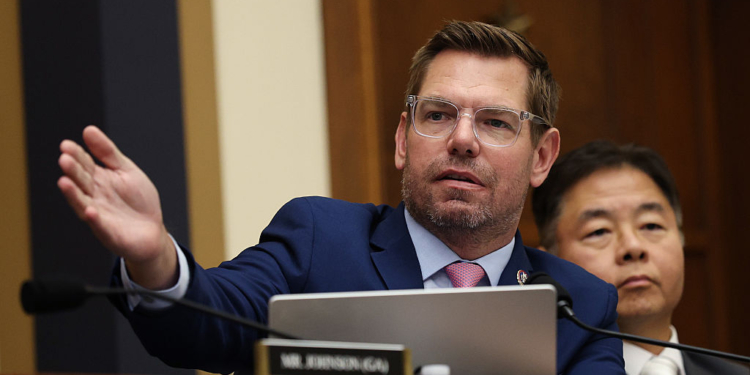UPDATE: The federal judiciary has confirmed it is out of funds and will restrict operations as the government shutdown enters its 20th day. This critical situation arises as Congress fails to pass funding legislation for fiscal 2026, leaving court operations jeopardized.
In a statement released earlier today, the U.S. Courts announced that it will continue normal operations through Friday using “court fee balances and other funds not dependent on a new appropriation.” However, after that date, federal courts will only maintain “limited operations necessary to perform the Judiciary’s constitutional functions.”
The shutdown has forced courts to prioritize activities that ensure “the safety of human life and protection of property.” Federal judges will continue working, as mandated by the Constitution, but court staff will be limited to certain exempted activities allowed under the Anti-Deficiency Act.
As the shutdown drags on, the impact is becoming increasingly severe. Each individual court will decide which cases can proceed and which staff members will work without pay. Notably, 1.3 million active service members received their paychecks this week from leftover funds, but such measures are dwindling as the standoff continues.
The government shutdown has persisted due to a lack of consensus in Congress. Republicans are pushing for a continuing resolution to fund the government at previous levels through November 21, while Democrats are seeking to include renewed Obamacare subsidies in the agreement. Despite a Republican majority, Democrats have successfully filibustered the GOP-led funding bill ten times in the Senate.
This situation mirrors the longest shutdown in U.S. history, which lasted 35 days from December 2018 to January 2019, raising concerns about the potential ramifications for federal operations and the judiciary’s ability to function effectively.
In light of the ongoing crisis, observers are urged to stay informed about developments in Congress as both parties negotiate funding solutions. The urgency of this matter cannot be overstated; the functionality of federal courts is at risk, and the ramifications could affect countless individuals relying on judicial processes.
As the deadlock continues, the public is advised to monitor updates closely, as further actions from Congress could drastically alter the current landscape.







